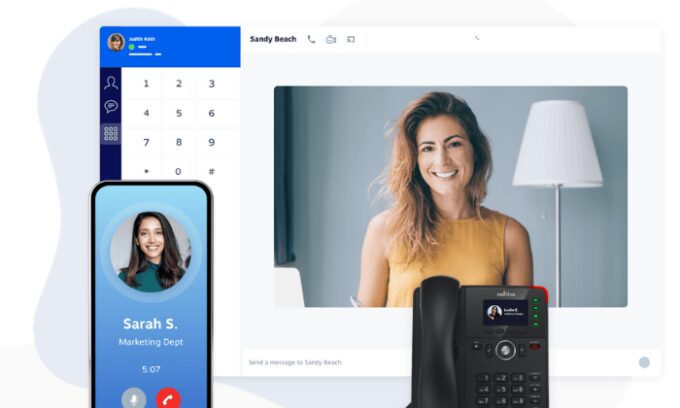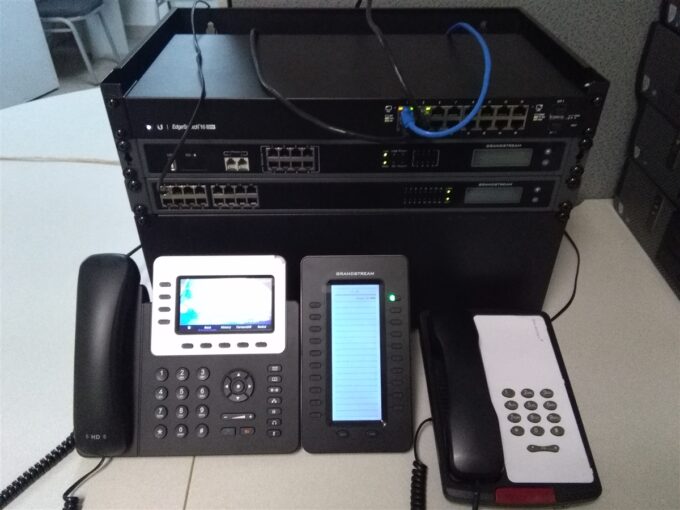In this generation, technological advancement seems to be ubiquitous. It has generally affected people’s lifestyle and even their workplace. To maintain the quality service that companies are providing, usually gadgets at the workplace are being replaced, at least, every five years. This is very important as new features are being added to these computers, which can make the company more efficient.
On the other hand, there are some people who just simply replace their gadgets once they qualify for the upgrade. Mostly, the gadgets are being upgraded not only because of the new function but also because the design has improved a lot.
In spite of these, there are some who still hold on to old systems. For you to have an idea of how old some systems or technology are, the iPhone was first known 10 years back. Others are even older, like Google. Twenty years ago, Google purchased the domain google.com.
People have this wrong notion about telephones. For some, phones are just used to call or send a message to someone. However, smartphones nowadays are more complex than you know. Phones can perform more complicated tasks other than just calling your relative or sending a message to someone.
Different Types Of Phone System

As there’s a wide variety of business phone systems, small businesses would usually just choose from any of the following below:
1. Voice over Internet Protocol or VoIP
Most businesses use VoIP as it’s unlike the traditional landlines. With this phone system, you can use the Internet to send voice signals. To simply understand how VoIP works, you have to remember that for it to reach and be sent to those packets through the Internet, your VoIP has to take your voice call first then turn it into a digital signal.
It’s like Google Voice which allows you to connect with people. Here are more helpful hints to help you choose from among other VoIP systems. The digital signal may vary, depending on the number that you’re calling. Similar to the landline, it will still first convert the signal. Nonetheless, the function is the same. A number has to be dialed before you get to call.
2. PBX or Private Branch Exchange System

If you have a larger business, then PBX private branch exchange system would be the safest bet. As there are more people in a bigger company, a PBX system can help you connect the people in the organization.
This network is much more efficient as it allows people in one organization to send and receive phone calls all at once. For instance, other companies would require you to press a certain local number, like 9 perhaps to get to another department. This is an example that you are using a PBX System.
Unlike the traditional landline that uses multi-line systems and is only limited to two or four lines, the PBX System has several handset devices that connect to the main hub. The usual set up is that the PSTN or Public Switched Telephone Network has a hub that’s connected to it through a business phone provider.
Because the PBX system is more effective for bigger companies, usually it comes with a price. It tends to be more costly compared with a traditional landline. However, PBX systems will allow you to customize, depending on the needs of your company.
3. Expensive And Outdated (Multi-line Phone Systems)

While PSTN or Public Switched Telephone Network is something that reminds you of the past, VoIP would be the opposite as it’s more on the futuristic side. Remember when you used to have these wired connection phones at home when you were kids? That’s the Public Switched Telephone Network.
This multi-line phone system is what businesses use. Because businesses need to handle more calls at once, they need to have several phone lines installed. You can definitely see some businesses that are still using the traditional landline. Most would, however, prefer to use something more modern that can perform multiple tasks.
Benefits of Updating Your Business Phone System
1. Affordable Calls

With traditional phone lines, there are two callers at each end. This tends to be more expensive when there are more than two people who need to communicate at any given time. On the other hand, Internet data which helps to generate a call is deemed easier and cheaper.
This also gives an opportunity for the business to take advantage of the free service while making a long-distance call as some providers, depending on the location, can allow you to make a long-distance call for free.
2. Increased Accessibility

To be able to make calls anywhere is another distinct feature of VoIP. So long as you have an Internet connection, then you can make a call anytime, anywhere.
If you don’t have any Internet connection at the moment, calls can be directed to another person or through a voicemail. This increases the chance to get back to the person who called you.
Moreover, VoIP can help your employees work remotely. There’s no need to be physically present as questions and queries can be sent via VoIP.
3. Simplified Conferencing

The VoIP lets you arrange a video conference without the need to spend a lot. This is in contrast to the traditional landline wherein you have to pay for additional services to host a conference. Although the additional service is pricier, it will allow you to see the person you’re talking to.
4. Ease Of Use
Unlike the traditional telephones that require multiple cables, VoIP doesn’t require much technical knowledge for it to be installed.
This also provides a much safer place as cables are not much needed compared with traditional telephone installation. Usually, the multiple cables are the ones that are susceptible to catching fire.
With this, VoIP is widely used and can be seen everywhere as it doesn’t require you to be tech-savvy. Notably, VoIP is a lot cheaper and way easier to navigate.
Conclusion
In this fast-changing world, your needs and wants may adapt to what is available or commonly used by everyone. While some technologies have greatly evolved over time to cater to your current business needs, there are still some companies which prefer the more traditional way.
However, VoIP and other more advanced phone systems have greatly improved the lifestyle of everyone. It has made businesses more efficient while reducing the cost for communication.
Also, this innovation has definitely provided more avenues for people to work. Regardless where you do your work, it’s easier to connect with you or with the people you know so long as you have a decent Internet connection.









